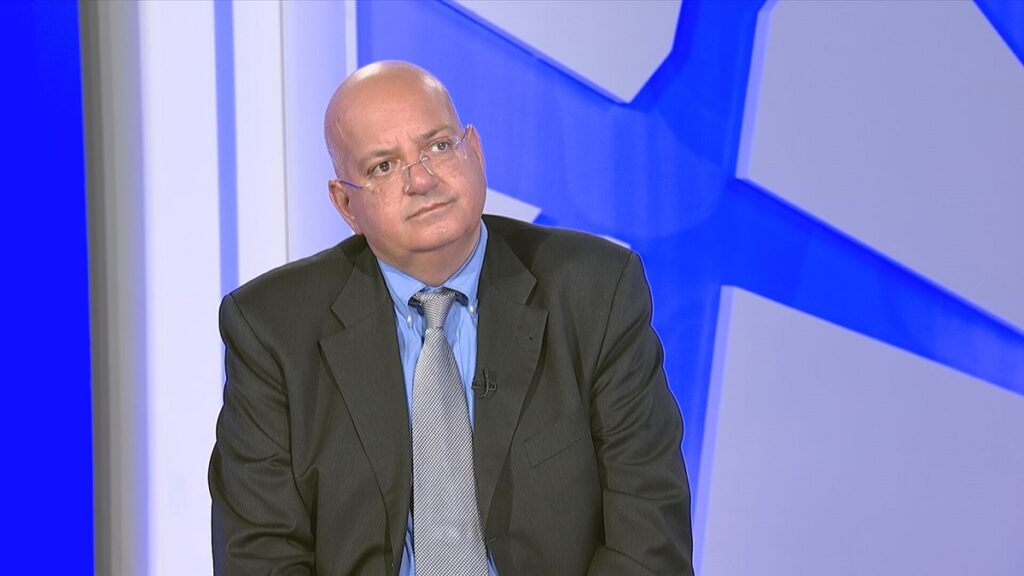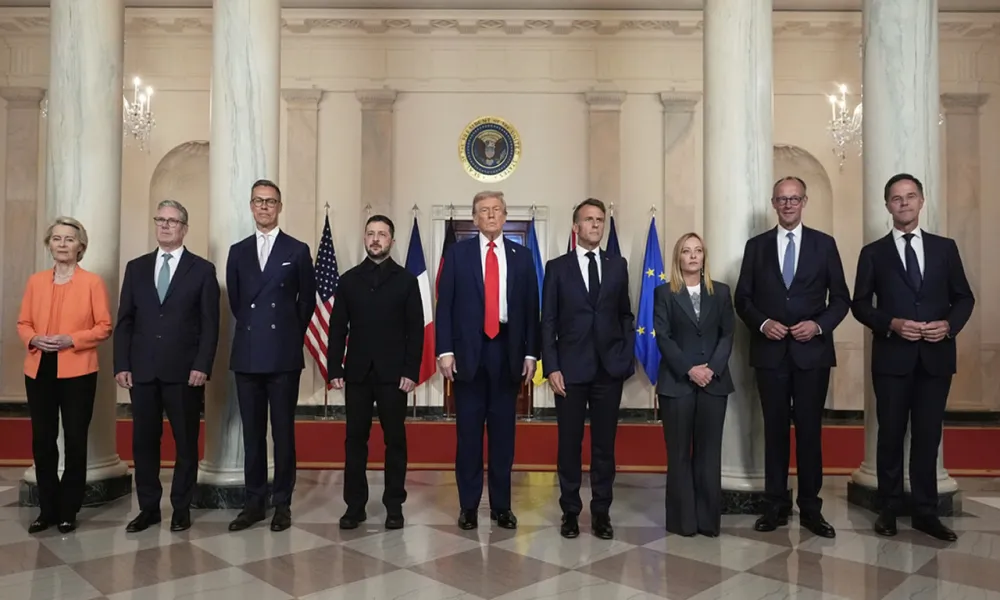Nicosia is closely watching diplomatic maneuvers over Ukraine, worried that any acceptance of border changes imposed by force could set a precedent with direct implications for Cyprus. Officials fear that if the international community tolerates Russia’s occupation of Ukrainian land, Turkey could use the same logic to justify its decades-long control of northern Cyprus.
President Nicos Christodoulides raised the issue in three successive videoconferences with EU and party leaders on Monday, stressing that any settlement must respect Ukraine’s sovereignty, independence and territorial integrity. Government spokesman Konstantinos Letymbiotis said Christodoulides invoked Cyprus’s own “historical experience,” with 37% of its territory still under Turkish occupation after 51 years, to underline the need for firm principles “without concessions or exceptions.”
DISY leader Annita Demetriou, speaking at the European People’s Party meeting, echoed the message, insisting that territorial integrity is “non-negotiable” and that only Ukraine itself can decide its future.

A Shift in Europe’s Stance
Analyst Vasilis Kopsachilis argued that European leaders appear to be shifting toward a compromise, effectively nudging Ukraine to accept a solution shaped by Washington and Moscow. He suggested that Europe wants to disengage from costly defense commitments, with funds from the EU’s ReArm program and defense budget draining resources from social spending and straining governments politically.
According to Kopsachilis, the U.S. and Russia have already outlined roles similar to the Cold War division of Germany: Washington would establish bases in Ukraine, while Moscow would keep enclaves in Russian-speaking regions. “The entire game called Ukraine will be controlled exclusively by Americans and Russians,” he said.

Security Guarantees and Tough Choices
Ukrainian President Volodymyr Zelensky has floated a $100 billion package of U.S. arms purchases financed partly by Europe, plus a $50 billion joint drone program with U.S. firms. In return, Washington may guarantee Ukraine’s security, even with American troops.
But Dr. Alexandros Zachariadis, of the University of Cyprus and LSE, warned that the deal could come at a steep price: ceding the Donbas region. Putin, he noted, insists on taking both Luhansk and Donetsk. While Luhansk is largely occupied, Donetsk remains heavily fortified by Ukraine. Losing it, especially without a fight, would expose Kharkiv and Dnipropetrovsk to rapid Russian advances.
“The key question Zelensky must answer,” Zachariadis said, “is whether security guarantees are worth as much as losing Ukraine’s strongest defenses.”
